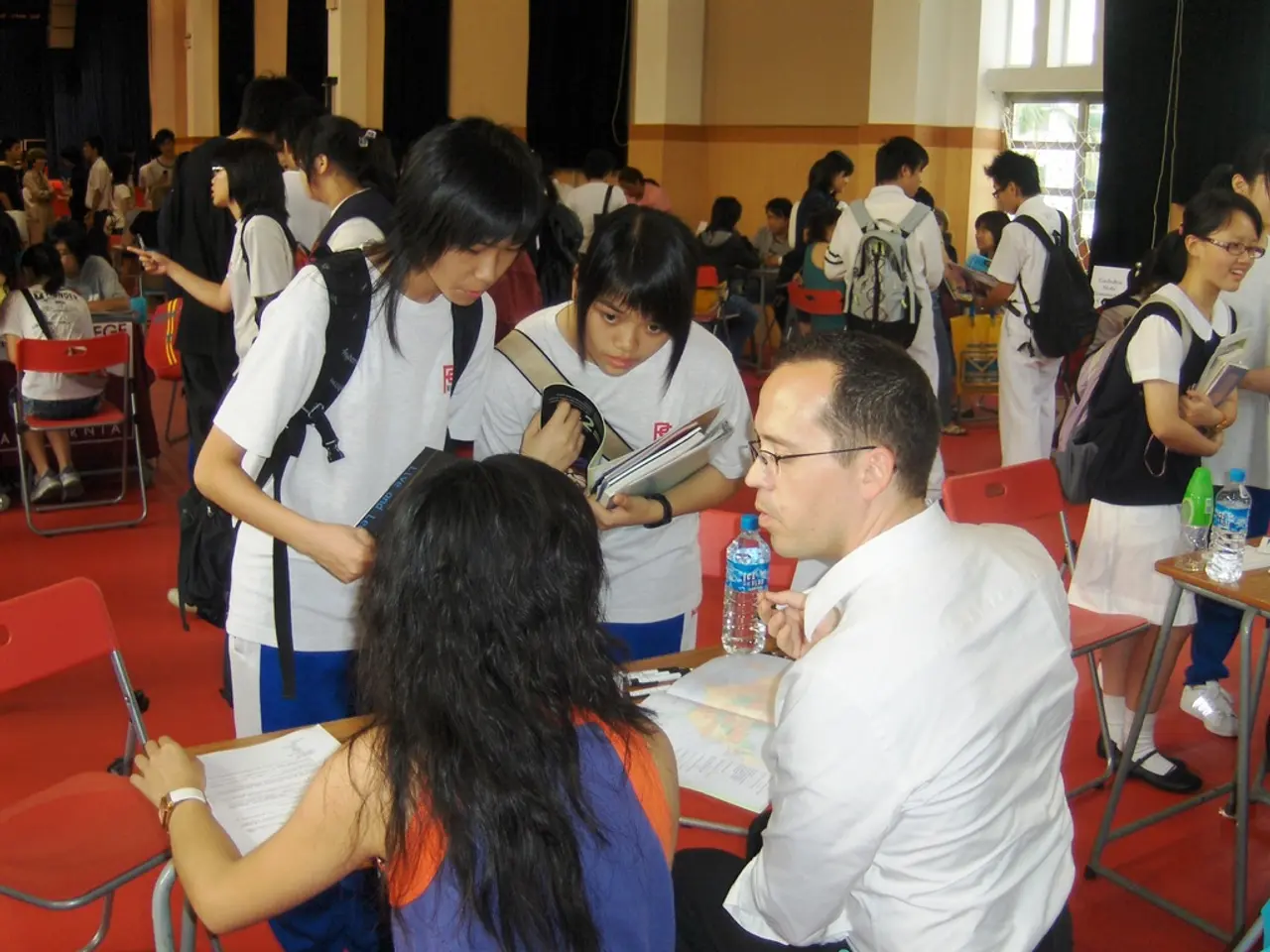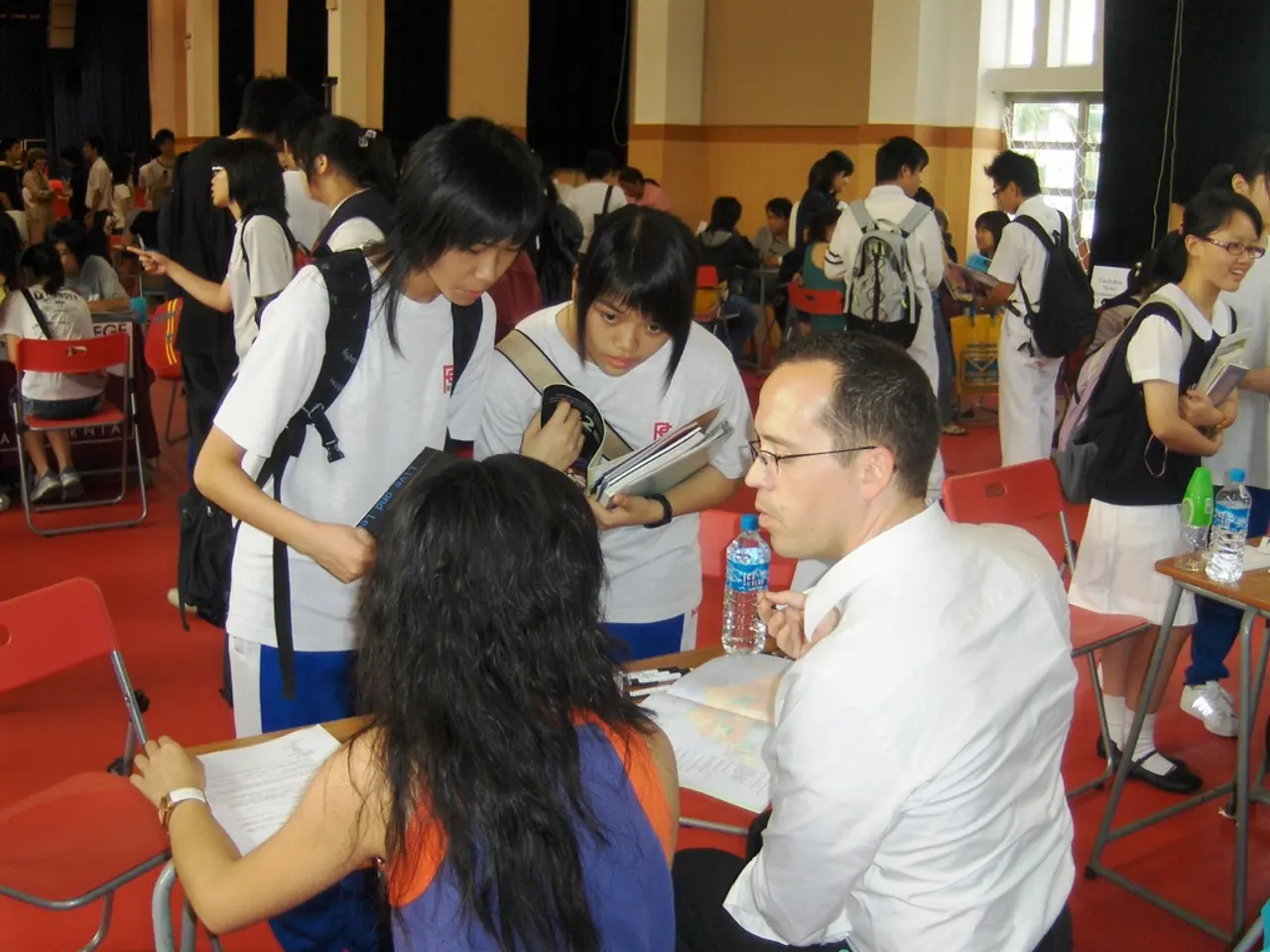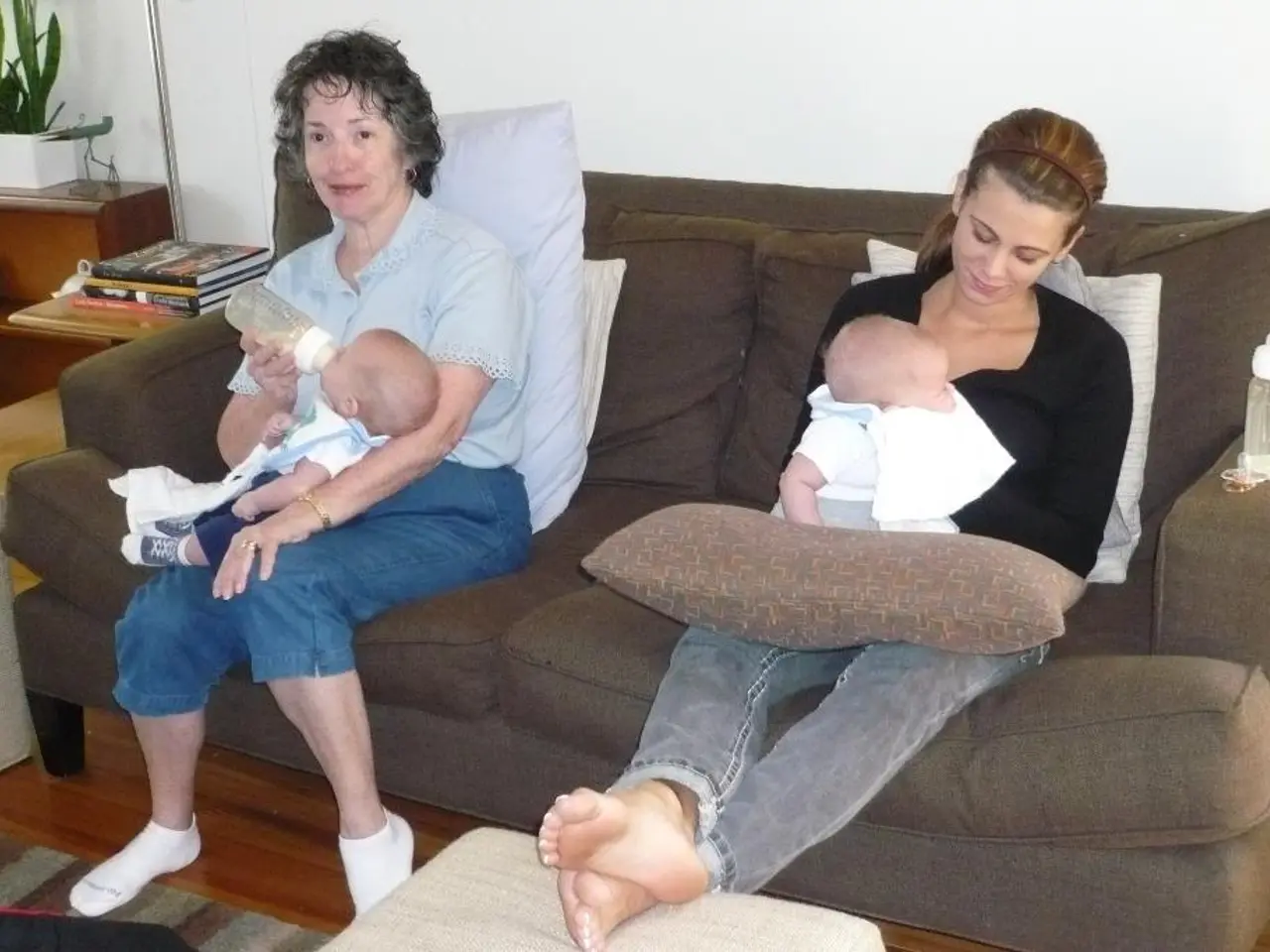India's Educational Institutions Require Fundamental Changes to Address Suicides, Not Temporary Solutions
The Supreme Court of India has taken a significant step towards addressing the growing concern of student mental health and preventing suicides by issuing a set of binding, 15-point guidelines. These guidelines are interim measures to be followed until appropriate legislation or regulatory frameworks are enacted.
The guidelines aim to create a comprehensive framework for mental health policies, support systems, awareness, non-discrimination, and regulatory oversight in educational settings across India.
Key elements of the guidelines include:
- Mandatory Mental Health Policy: Every educational institution must adopt and annually update a uniform mental health policy aligned with national frameworks such as the “Ummeed” draft guidelines, “Manodarpan” initiative, and the National Suicide Prevention Strategy. This policy must be publicly accessible on institutional websites and notice boards.
- Appointment of Qualified Counsellors: Institutions with 100 or more students must appoint at least one qualified mental health professional—counsellor, psychologist, or social worker trained in child and adolescent mental health. Smaller institutions must establish linkage with external mental health experts for referral support.
- Ban on Harmful Practices: The guidelines prohibit batch segregation based on academic performance, public shaming, and setting unrealistic academic targets that cause stress.
- Helpline Display: Educational campuses and hostels must prominently display helpline numbers, including the Tele-MANAS mental health helpline, ensuring students know where to seek help.
- Regular Staff Training: All staff members must undergo mental health training biannually to recognize early warning signs of mental health distress and respond to crises effectively.
- Inclusive and Non-Discriminatory Practices: Institutions are directed to adopt sensitive mental health approaches that protect vulnerable groups such as SC/ST/OBC/EWS categories, LGBTQ+ individuals, and students with disabilities.
- Confidential Reporting Mechanisms: Establish confidential systems for reporting sexual assault, ragging, and identity-based discrimination with immediate psychosocial support for affected students.
- Reducing Exam-Related Stress: Promote interest-based career counselling and extracurricular activities to alleviate exam-centric pressure on students.
- Regulation of Coaching Centres: The Court emphasized special focus on coaching hubs known for high suicide rates and directed state governments to notify registration norms, student protection rules, and grievance redressal mechanisms within two months.
- Institutional Accountability: The guidelines impose constitutional accountability on institutions to protect students’ emotional, social, and psychological well-being and discourage overlooking mental health issues as isolated incidents.
These guidelines were issued as an exercise of the Supreme Court’s powers under Articles 32 and 141 of the Indian Constitution and will remain binding until repealed or replaced by appropriate legislation.
The guidelines prioritise professional intervention, demand systemic safeguards, and root mental health issues in scientific practice, moving away from "motherly intuition" or "passive sympathy". If implemented effectively, they could lead to earlier identification of at-risk students, greater uptake of support services, and fewer tragedies, as shown by evidence from across the globe.
News broke of the fourth suicide in a year at IIT Kharagpur, highlighting the urgent need for these reforms. Between 2014 and 2021, 122 students at IITs, NITs, and other Central institutions died by suicide. The average student-to-counsellor ratio on campuses is woefully inadequate.
The guidelines also mandate changes to campus infrastructure, such as tamper-proof ceiling fans, restricted access to high-risk areas, and eliminating bullying and substance abuse in hostels. In 2023, Kota saw 26 student suicides, the highest in recent years. A student suicide in Vijayawada made national headlines.
The Supreme Court's guidelines mandate the prohibition of public shaming of students, unrealistic academic targets, and batch segregation by performance to address structural sources of distress. The guidelines also acknowledge the unique pressures of India's coaching hubs, instituting heightened protections, career counselling, and stress mitigation in these high-risk zones.
Supervision is to be guaranteed by district-level monitoring committees, led by district magistrates, and states and Union Territories are ordered to implement the rules within two months. Written suicide prevention protocols and the prominent display of helpline numbers in all student areas aim to make help-seeking visible, accessible, and stigma-free.
According to a retired professor and former dean of the School of Arts and Humanities at Christ University in Bengaluru, more than 65% of Indian university students experience high or severe stress. A 2022 PLOS One study found that one in every four Indian college students shows symptoms of depression. The writer emphasizes that these guidelines could be a turning point in addressing the mental health crisis in India's educational institutions.
The guidelines for mental health in Indian educational settings, resulting from the Supreme Court's intervention, prioritize science-based approaches to combat distress, foster a comprehensive education-and-self-development framework, and ensure health-and-wellness for all students. As part of this push, the guidelines aim to address structural issues that exacerbate mental health problems, such as public shaming, unrealistic academic targets, and batch segregation, through evidence-based solutions and science-informed practices.




